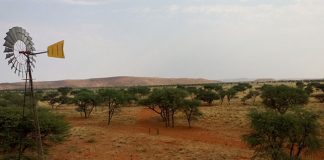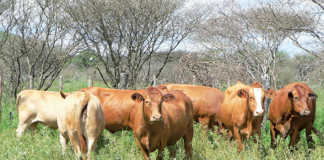According to the Parliamentary Monitoring Group, the National Council of Provinces passed the Bill on 17 May and referred it back to the National Assembly.
Annelize Crosby, legal advisor for Agri SA, said the organisation did not believe the Bill to be unconstitutional and would not challenge it in court.
“The danger lies in potential laws in future that can affect property laws, water them down or take them away, on the basis that it is not expropriation and therefore not subject to compensation,” Crosby said.
“There are two concepts, expropriation and deprivation, that is at play. Expropriation is limited by law. For depravation there is no compensation. For instance, deprivation can be applied in forms of regulation where the state limits one in the use of your property,” Crosby said.
Crosby said Agri SA was concerned about the limited definition of ‘expropriation’ in the bill.
“We are worried about possible new legislation [according to which] the state takes control of agricultural land but does not expropriate it, which means no compensation is due,” Crosby said.
"Section 25 of the Constitution, however, prohibits arbitrary deprivation and there are strong arguments to be made that the taking of productive agricultural land without compensation would likely be arbitrary," she said.
FF Plus spokesperson for land affairs, Dr Pieter Groenewald, said the principle of expropriation was not unusual. It is enforced internationally, in areas where essential development has to take place, such as building bridges and roads.
“In South Africa, however, the ANC government makes it a political issue. President Jacob Zuma falls in with the choir of the EFF which says whites have stolen land. In this way they are stirring up emotions. It is in reality only a hidden attempt at land grabbing in South Africa,” he said.












